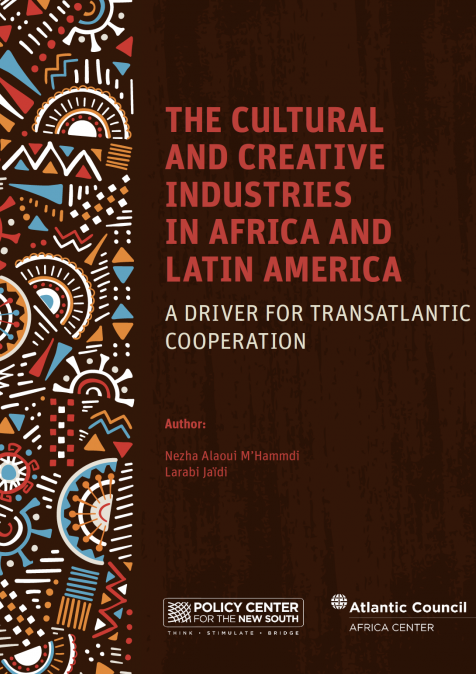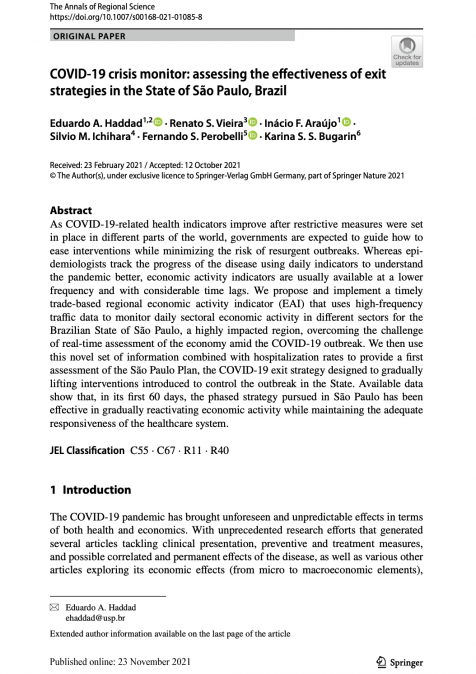Podcasts
Challenges of Democracy in Brazil: Polarization, Policies, and Governability
Related topics:
In this podcast episode, Imane Lahrich hosts Leonardo Paz Neves to discuss the challenges facing democracy in Brazil. The country has faced political turmoil eading to a decline in public trust in political institutions. They also explore the potential impact of President Lula's policies on food insecurity, education inequality, and the climate crisis, given the challenges posed by slow economic growth and a Congress controlled by a conservative majority. Finally, they highlight the growing polarization in Brazil's political environment that has made it difficult for the government to pass legislation and implement policies
This podcast episode was produced as part of the Jean Monnet Atlantic Network 2.0, with the support of the European Union's Erasmus+ Program. The opinions expressed in the recorded content are solely those of the authors, as such, neither the Agency nor the Commission can be held accountable for any use of the information it presents










